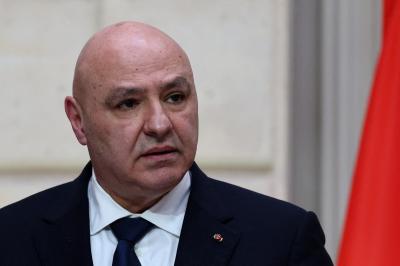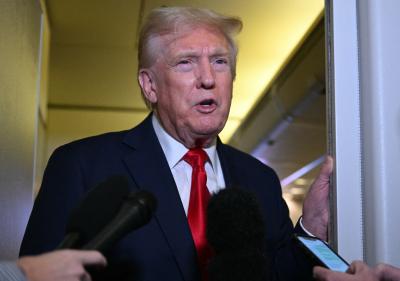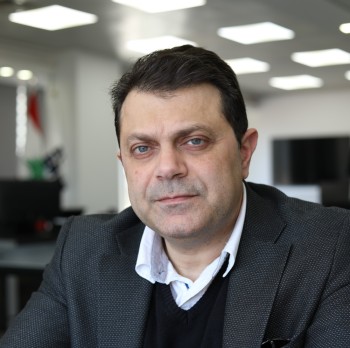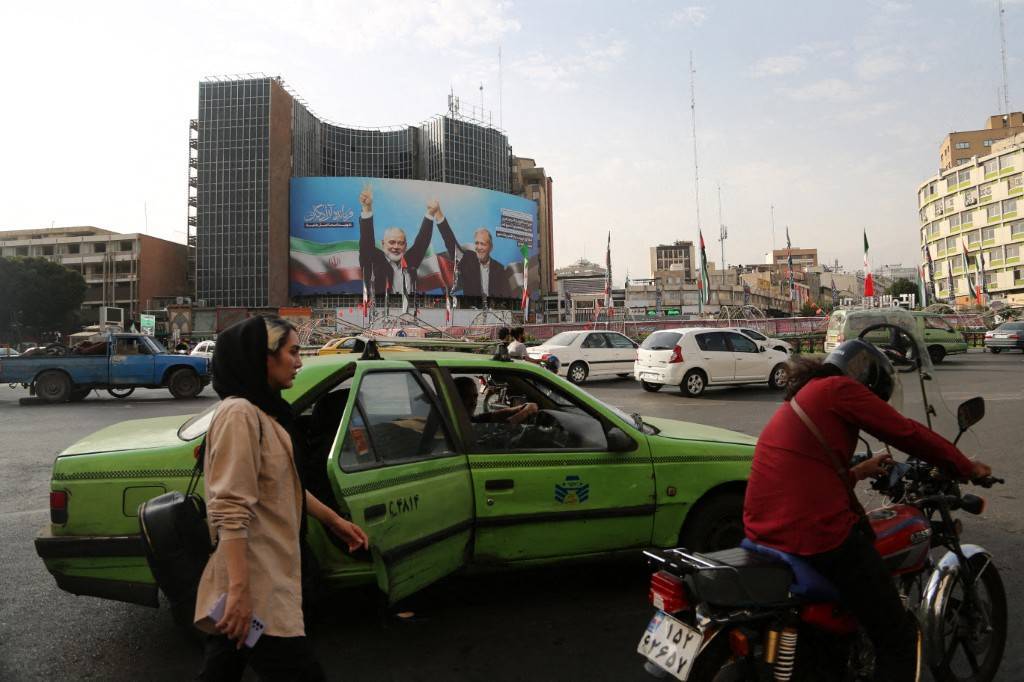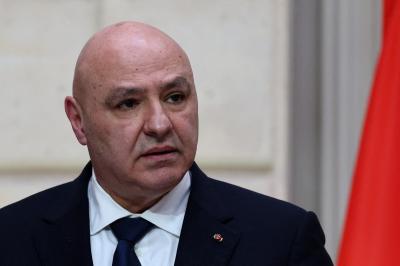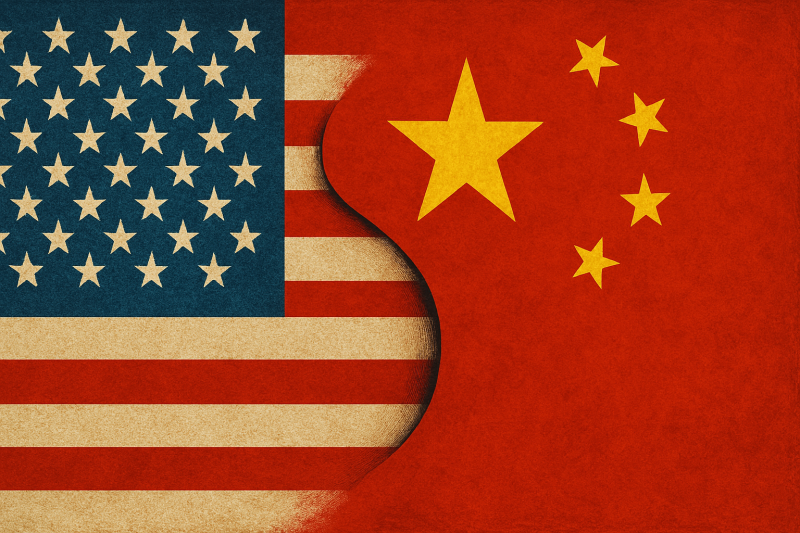The Lebanese people, along with the rest of the world, are eagerly awaiting the speech of Hezbollah's Secretary-General, Sayyed Hassan Nasrallah, this afternoon, Tuesday, August 6, 2024. This speech marks the seventh day since the assassination of Fouad Shukr, the number two in Hezbollah's military leadership, during an Israeli attack on a building in the southern suburbs of Beirut, which also claimed the lives of seven people, including an Iranian military expert. This speech is crucial in determining the expected response from Hezbollah following this violation of red lines by Israel, along with the assassination of Ismail Haniyeh, head of Hamas' political bureau, in Tehran. These events have sparked speculation and fears about a possible regional war.
It is undeniable that Iran and Hezbollah find themselves in a delicate position, requiring a response. However, the question remains about the scale of this response and whether it will trigger an Israeli counterattack, leading to a regional war. This scenario will depend not only on the will of the regional actors but also on the efforts of major powers to contain such a conflict.
As for Hezbollah, it is compelled to respond to Shukr's assassination by significantly targeting an Israeli military or strategic asset. The party could aim at a strategic military or economic site in Haifa, or even beyond. However, Hezbollah is not seeking to escalate the conflict but to restore deterrence with Israel while keeping the conflict within the limits defined over the past ten months. Internal considerations in Lebanon also urge the party to avoid a full-scale conflict with Israel.
For Iran, the situation is more complex. The assassination of Ismail Haniyeh on its territory, in the heart of Tehran, during the inauguration of the new president, constitutes an affront to its sovereignty and national security. This raises the question of whether Israel can target high-ranking Iranian figures. Hezbollah also described this assassination as an insult to Iranian honor, making an Iranian response inevitable. However, it is unlikely that Iran seeks an escalation leading to a regional war. A distinct Iranian response, separate from the actions of Hezbollah or other resistance factions in Iraq or Yemen, is expected so as not to give the impression that these factions are merely puppets of Iran.
As for the resistance factions, each has its own grievances against Israel. Yemen, for example, is preparing to respond to the Israeli aggression on al-Hudaydah, while Iraqi factions may join Hezbollah in a coordinated response without attacking American bases, so as not to give Benjamin Netanyahu a pretext to draw the United States into a regional war.
For Netanyahu, the assassinations of Shukr and Haniyeh have allowed him to score political points, strengthening his domestic position and increasing his popularity, as indicated by polls. By ending the ceasefire negotiations led by Haniyeh, Netanyahu hopes to continue hostilities against Gaza while hoping for increased support from Donald Trump if he returns to the White House.
As for the United States, it is clear that Netanyahu would not have acted without an American green light, which could have come from the establishment or deep networks with which he has ties. However, the United States has no interest in an escalation, especially due to the negative economic implications of a regional war, particularly on oil prices.
Russia, meanwhile, seems concerned about developments in the region. The reception of Syrian President Bashar al-Assad in Moscow just before the assassinations indicates that Russia anticipated an escalation. Although Moscow does not wish to see heightened tensions in the Middle East, it does not want to see Iran or its resistance allies weakened either, as this could harm its strategic interests, including in Ukraine.
In conclusion, despite the tensions, most actors, with the exception of Netanyahu, have no interest in a major escalation leading to a regional war. However, could irrational factors precipitate such a confrontation, which might evolve into a global conflict?
 French
French



